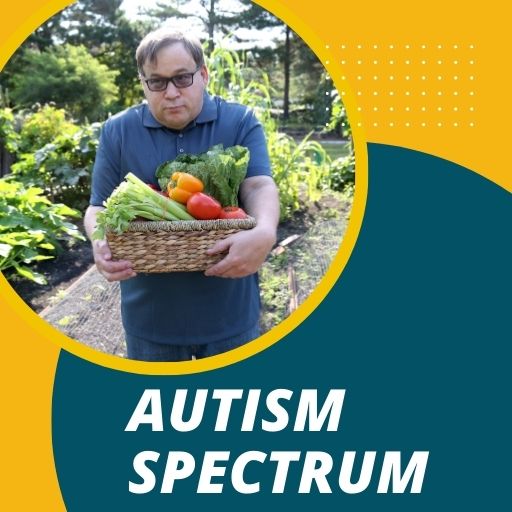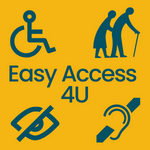People with Autism Spectrum Disorder
AUTISM SPECTRUM DISORDER IS A DEVELOPMENTAL DISABILITY that affects each person differently and with varying levels of severity.
Typically autism impacts a person’s ability in the areas of social skills, communication, self-regulation, repetitive behaviors, such as rocking back and forth.

Most people with autism have average or above-average intelligence. The most common characteristic among people with autism is a difficulty with social interactions.
Speak to the person as you would any other adult. Don’t assume she has an intellectual disability.
Some people with autism may be non-verbal and not use spoken language. She may prefer to use pictograms or to write to convey information to you.
Be clear, literal, and concise in your speech. It may be necessary to repeat a statement or rephrase it.
If the environment is noisy or has distractions, ask the person if she would prefer to move to another setting. Such distractions may interfere with a person with autism’s ability to concentrate.
Wait for a response if you ask a question or give a direction. It may take time for the person to process the information and respond. Do not assume that the person is not paying attention to you if she does not look at you while you are talking.
Keep in mind that changes in a routine or schedule may be upsetting or confusing to the person with autism. Explain the change ahead of time, if possible. For example, the cafeteria may be closed for a couple of days. Remind her, if necessary.
Remember people with autism can and do live independent lives, living and working in the community.
